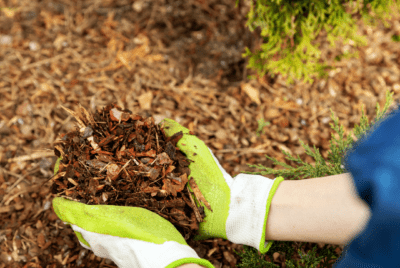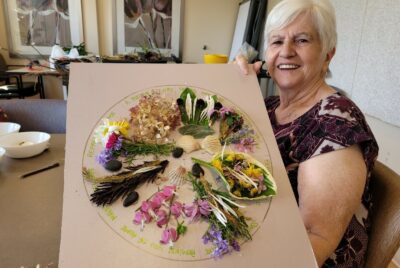RESEARCH
Challenges and Approaches to Green Social Prescribing During and in the Aftermath of COVID-19: A Qualitative Study
Summary
This study explores how “green social prescribing” was affected by the COVID-19 pandemic. Green social prescribing involves healthcare professionals recommending activities in nature, such as walking or gardening, to improve mental and physical health. The researchers conducted interviews with various stakeholders, including doctors and social workers, in Scotland and North East England. They found that while many people believe nature-based activities are beneficial, there were significant challenges during the pandemic, such as restricted access to green spaces and increased anxiety among clients.
The study highlighted several barriers to green social prescribing, including psychological issues like anxiety and practical problems like mobility and transport limitations. Despite these challenges, stakeholders saw potential in initiatives like parkrun, which combines physical activity with social interaction. However, they noted that these programs often favor more affluent and younger populations, leaving gaps in accessibility for disadvantaged groups. The study emphasizes the need for policymakers to address these inequalities when promoting green social prescribing as a tool for improving health outcomes.







